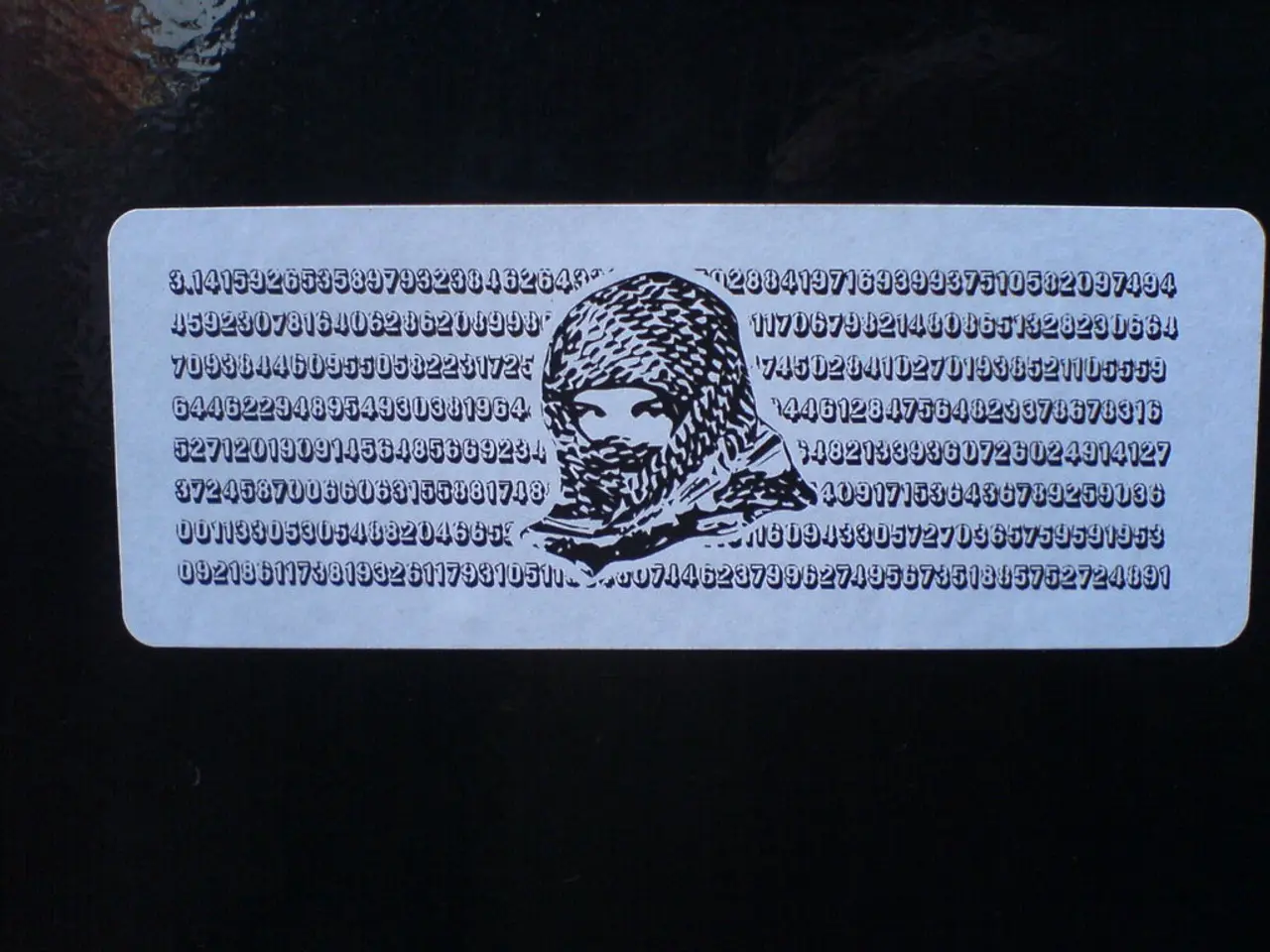The 2024 edition of the International Obscure C Programming Contest has been announced
The International Obfuscated C Code Contest (IOCCC) is a long-standing programming competition that celebrates the art of writing the most creatively obfuscated (intentionally confusing and hard to read) C code[1]. This year, the contest marked its 40th anniversary with a record 23 winners announced in a livestream ceremony in August 2025[3].
Originating from an exercise in frustration, the IOCCC was started in 1984 and has been held semi-annually ever since[1]. The contest, which began on USENET, embraces C's syntactical complexity as an art form, rather than focusing purely on functionality or clean code[1]. The contest rewards winners in categories like "Worst Abuse of the C preprocessor" or "Most Erratic Behavior," valuing creativity and cleverness in obfuscation[1][3].
The 2024 edition showcased a variety of impressive and imaginative programs that pushed C's syntactical limits. Notable achievements included:
- A fully functioning OpenRISC 32-bit CPU emulator, demonstrating complex hardware emulation in obfuscated C.
- A virtual machine capable of running the game Doom, illustrating sophisticated program execution within obfuscation constraints.
- A unique salmon recipe program that cleverly used C's Unicode string literal prefix .
- A winning entry themed as a "diabolical logistics" challenge involving 2170 miles through a wilderness inspired by the Oregon Trail, reflecting rich narrative and complexity embedded in obfuscated code.
- An adapted port from an old Atari 2600 version, demonstrating perseverance in reworking vintage code for modern obfuscated entries[3].
All entries submitted combined extreme obscurity of C syntax with creativity, challenging anyone who tries to understand their logic[3]. The judging was anonymous and rigorous, led by the same longstanding IOCCC judges for four decades[1].
Among the winners, Nicholas Carlini took home the "Prize in perfect timing" for his entry, which implemented a complete Intel 4004 emulator, including the Busicom 141-pf calculator, in a program file that is only 14 lines long and contains 4.88 kB of code[3]. Adrian Cable won the "Prize in murky waters" for his entry, while Ilya Kurdyukov won the "Prize in phased periodicity" with a code that drew the Earth's moon in its current phase on a console[3].
The contest's history and rules are documented on its GitHub Readme, and the event is hosted on GitHub[1]. The IOCCC has been a source of inspiration for coders, driving some to despair or madness in their attempts to understand the contest's source code[1]. However, the challenge continues to attract participants who relish the opportunity to push the boundaries of C programming and showcase their creative prowess.
In the "Nice accent eh-ward" category, Anthony C. Howe won for the seventh time, covering a remarkable four decades[3]. The contest's origins and evolution are a testament to the enduring fascination with the art of obfuscated programming, and it continues to inspire new generations of coders to explore the limits of C's syntax and creativity.
[1] https://en.wikipedia.org/wiki/International_Obfuscated_C_Code_Contest [2] https://github.com/ioccc/ioccc [3] https://www.theregister.com/2025/08/01/ioccc_2024_results_announced/
- AI-driven software was not evident in the IOCCC competition, as it focuses on creatively obfuscating traditional C code.
- Technology advancements in other programming languages may have been useful in making the code more readable, but the IOCCC contest celebrates the art of obfuscating C code using its unique syntax.




